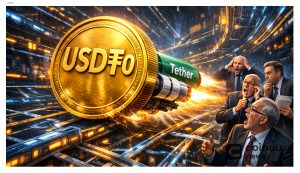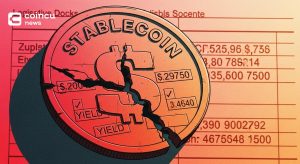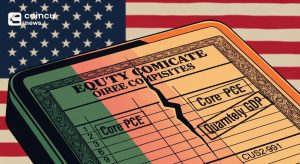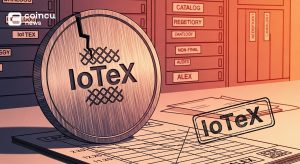Ordinals Market And Bitcoin Miladys Launched New Standard BRC-721E
Key Points:
- Ordinals Market and Bitcoin Miladys jointly developed the BRC-721E standard, which allows ERC-721 NFTs to be transferred to Ordinals without embedding the complete NFT series first.
- Before deleting the ETH NFT, Teleburn needed the inscription ID.
- Moreover, indexers capture data from both chains, giving comprehensive, dynamic information about Bitcoin at a very cheap cost.
According to the official website, the Bitcoin NFT market Ordinals Market and Bitcoin Miladys jointly released the BRC-721E standard, allowing immutable, verifiable ERC-721 NFTs to be migrated to Ordinals without prior embedding of the entire NFT series.

BRC-721 tokens are named after the Ethereum smart contract token standard for NFTs, ERC-721 tokens. Having a common file and metadata to source from will make it easy to build oracles that scan the Bitcoin blockchain for certain transactions and then relay that data to wallets or markets.
When bridging NFTs, the BRC-721E encodes data directly into a burn transaction, which specifies a Bitcoin address to receive the inscription. Previously, Teleburn required to know the inscription ID before destroying the ETH NFT, but BRC-721E allows destruction before burning, which also means that the destruction transaction also acts as an inscription request on the chain, and users can also use this to receive airdrops.
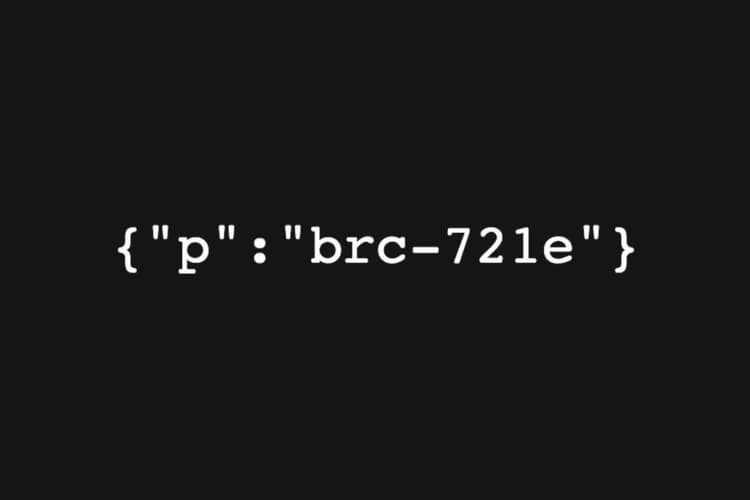
Additionally, the standard works by indexers collecting data from both chains, providing rich, dynamic metadata on Bitcoin at a very low cost. The standard also has the capability for future upgrades and additional on-chain data.
For over a decade, Bitcoin developers have worked to integrate non-fungible tokens, or NFTs, into the world’s most popular blockchain, starting in 2014 with Counterparty, the authors of the Rare Pepe NFT collection, and continuing with Stacks in 2017. The Inscription procedure writes or inscribes the data of the material recorded onto the Bitcoin transaction’s witness. The witness was added to the Bitcoin network in 2017 as part of the SegWit update.
Ordinals are the hot new thing in Bitcoin. The daily record for inscriptions using Ordinals was broken four times in April 2023 alone, as users inundated the network with photographs, video games, and other information.
Ordinal Inscriptions, like NFTs, are digital assets inscribed on a satoshi, Bitcoin’s lowest denomination (BTC). Inscribing on satoshis, which are named after Bitcoin’s pseudonymous founder, Satoshi Nakamoto, is now feasible owing to the Taproot update, which was published on the Bitcoin network on November 14, 2021.
DISCLAIMER: The information on this website is provided as general market commentary and does not constitute investment advice. We encourage you to do your own research before investing.
Join us to keep track of news: https://linktr.ee/coincu
Harold
Coincu News







